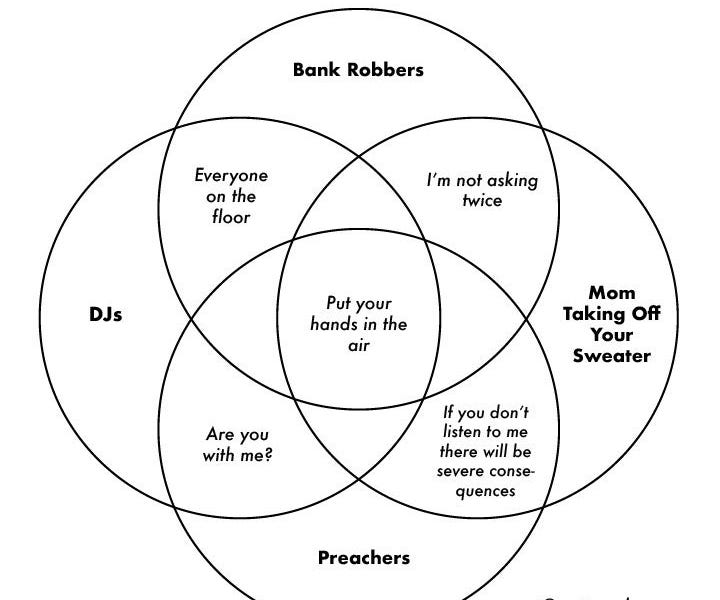
The future of AI, work, and the world

One “must” for this week
The skills we think make us irreplaceable might not be the ones that actually do.
In a candid interview, AI researcher Karina Nguyen reveals that while artificial intelligence is mastering traditionally valued 'hard skills' like analysis and writing, it's struggling with human abilities we often take for granted.
Her insight... See more
The skills we think make us irreplaceable might not be the ones that actually do.
In a candid interview, AI researcher Karina Nguyen reveals that while artificial intelligence is mastering traditionally valued 'hard skills' like analysis and writing, it's struggling with human abilities we often take for granted.
Her insight... See more
The Great AI Shift: From Job Displacement to Human Potential
Yossi Carmon
Transforming ambitious AI ideas into real-world breakthroughs—sparking creativity, collaboration, and a future beyond boundaries.
February 16, 2025
I used to be certain about that AI would eventually leave us all unemployed. After all, the logic seemed irrefutable: an... See more
Yossi Carmon
Transforming ambitious AI ideas into real-world breakthroughs—sparking creativity, collaboration, and a future beyond boundaries.
February 16, 2025
I used to be certain about that AI would eventually leave us all unemployed. After all, the logic seemed irrefutable: an... See more
Yossi Carmon • The Great AI Shift: From Job Displacement to Human Potential
Journalists at ProPublica use AI to comb through thousands of documents, looking for critical moments to use in their exposés. DeepMind’s AlphaFold predicts protein structures with near-experimental level accuracy. Neuralink2 uses AI to give paralysed folks the blessing of mobility. Society is accelerating, and your students shouldn’t get left
... See more